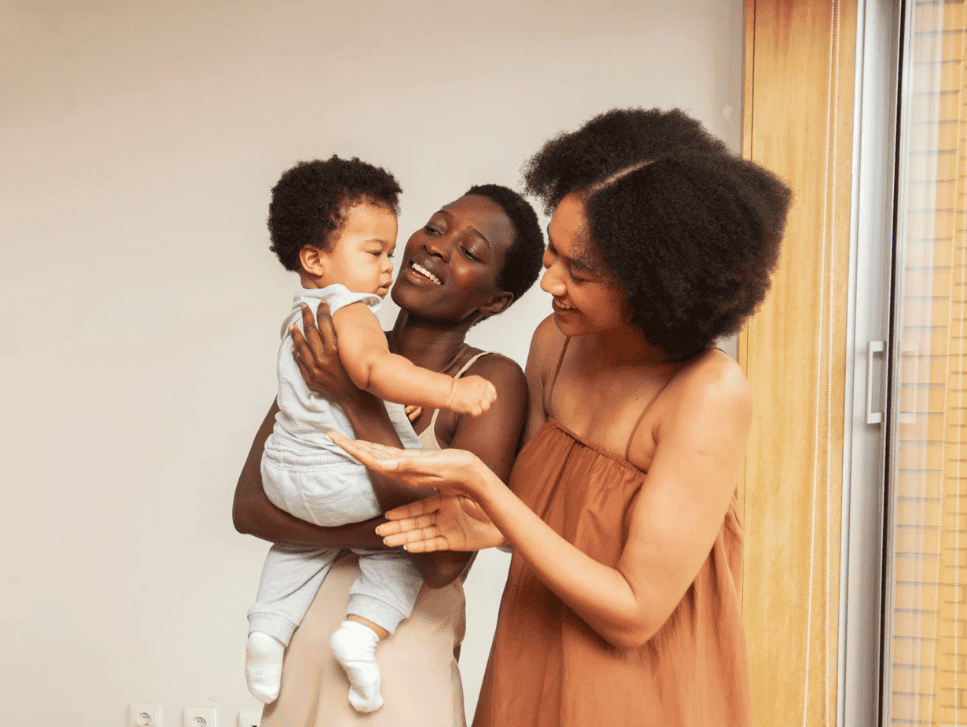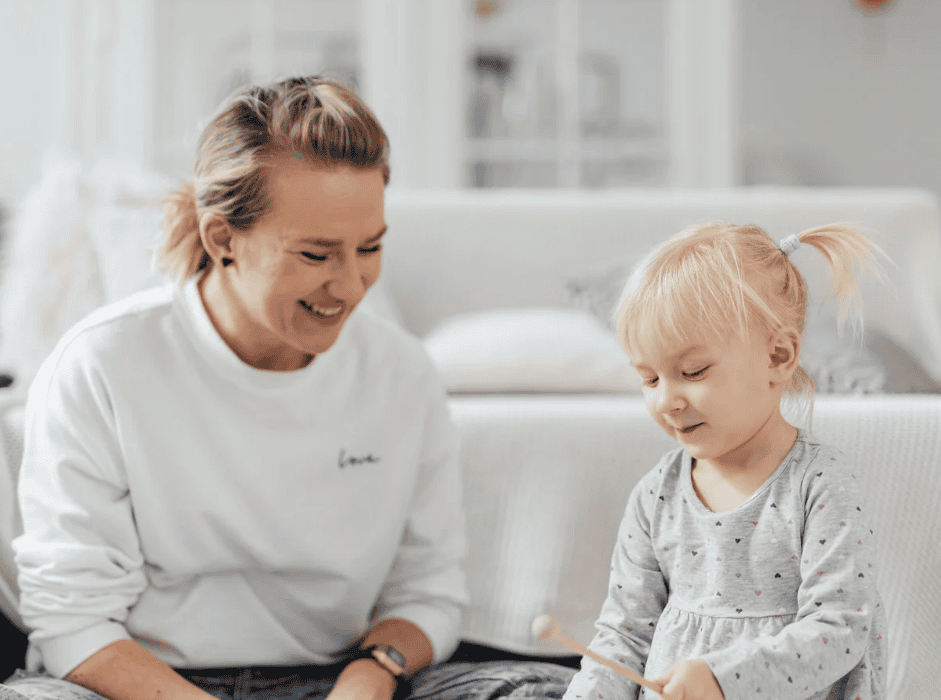Motherhood brings profound change, and many women discover that the transition reshapes their sense of self in unexpected ways. During the postpartum period, physical, emotional, and psychological shifts merge into a complex experience that influences how new mothers view their bodies and identities.
For some, the desire to regain a sense of familiarity and confidence leads them to explore options like a mommy makeover in Fort Lauderdale, FL, as part of a broader journey toward self-understanding. This interplay between physical change and psychological adjustment forms the foundation of how postpartum identity evolves.
Understanding the Emotional Landscape of Postpartum Body Image
The postpartum period often introduces emotions that mothers might not anticipate, even if they felt fully prepared for pregnancy and childbirth.
Hormonal changes, sleep deprivation, and the intensity of caregiving can magnify insecurities that were once manageable.
These emotional reactions are not superficial but deeply rooted in the brain’s response to change, especially when physical appearance shifts rapidly.
Mothers may feel torn between gratitude for what their bodies have accomplished and discomfort about how they now look or feel.
Body image is also strongly connected to maternal identity. Becoming a mother requires absorbing a new role while adapting to the physical reminders of childbirth.
This can create internal conflict, particularly when pre-pregnancy habits, routines, or self-perceptions no longer line up with reality. Many women describe feeling distant from the person they used to be, and this sense of disconnect can affect self-esteem.
Acknowledging these feelings does not diminish the joy of motherhood but highlights the need for emotional support and self-compassion as women rebuild their identity.

Cognitive Shifts and the Need to Feel Like Yourself Again
Psychology shows that identity is not fixed but a collection of self-schemas built from experience, memory, and personal meaning. Pregnancy and childbirth introduce experiences that challenge these schemas, often forcing women to rewrite their understanding of themselves.
The postpartum brain is also adapting to new responsibilities, heightened emotional sensitivity, and constant caregiving demands, making identity reconstruction even more complex. These cognitive shifts can cause mothers to question who they are beyond their maternal role.
As physical appearance changes, these mental adjustments can feel even more pronounced. The body may heal slowly, leaving women uncertain about when or if they will feel like themselves again.
Clothing might fit differently, energy levels may be inconsistent, and scars or stretched skin can become daily reminders of change.
These physical markers influence self-perception, not because mothers value appearance above all else, but because the body is an essential component of personal identity. Wanting to reconnect with a familiar version of oneself is a natural cognitive response, rooted in the need for continuity.
Some mothers seek practical ways to restore confidence and align their external appearance with their internal sense of self. This does not stem from vanity but from the psychological need for harmony between mind and body.
Whether through lifestyle adjustments, supportive therapy, or personal care decisions, the goal is often the same: to feel whole again after a significant life transition.
Social Pressures and the Shaping of Postpartum Self-Perception
While psychology explains the internal changes that influence body image, external pressures play an equally impactful role. Modern mothers face constant exposure to idealized images of postpartum recovery, often portrayed through social media or celebrity culture.
These influences can create unrealistic expectations about how quickly the body should bounce back after childbirth. Even when a mother rationally understands that recovery varies widely, repeated exposure to polished representations can subtly shape her self-perception.
Societal norms about motherhood also contribute to this pressure. Many cultures emphasize selflessness, encouraging mothers to prioritize caregiving while minimizing their own needs.
This mindset can create guilt around spending time on appearance or personal well-being. Over time, these conflicting messages create cognitive dissonance, leaving mothers unsure of how to balance emotional health, physical recovery, and societal expectations.
Recognizing this tension is vital in creating healthier conversations about postpartum identity.
Supportive environments can reduce the impact of these external pressures by promoting realistic expectations and affirming the value of self-care.
When family members, partners, and healthcare providers emphasize mental well-being alongside physical recovery, mothers may find it easier to navigate identity shifts.
Understanding the psychology behind these pressures also helps mothers reclaim autonomy over their personal journey, making it easier to focus on what feels right for them rather than what appears ideal from the outside.

Conclusion
Postpartum identity evolves through a complex blend of emotional, cognitive, and social influences that shape how women view themselves after giving birth.
The shift in body image is not simply about appearance but about reconciling the physical reminders of childbirth with a new and often demanding role.
Mothers benefit from acknowledging these internal changes and the external pressures that magnify them, allowing space for healing and self-discovery.
Whether through personal reflection, emotional support, or restorative choices, every mother deserves the opportunity to reconnect with a sense of self that feels grounded, confident, and authentic as she navigates life after pregnancy.


